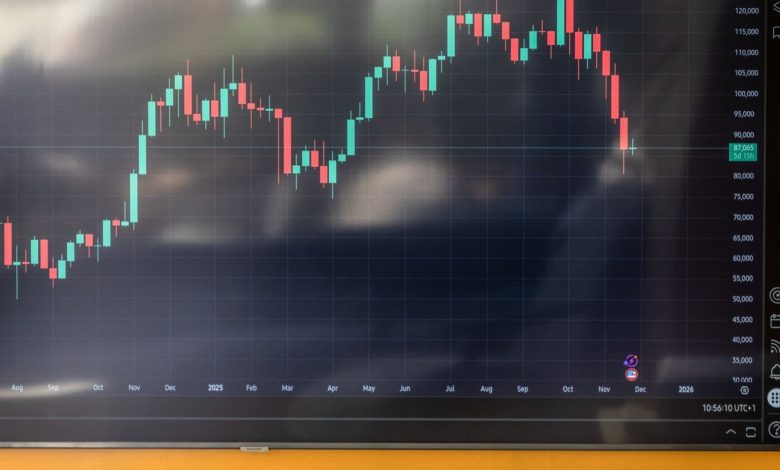Budget 2025: govt confirms crypto crackdown

Cryptocurrency holders have been warned after Budget 2025 reiterates that crypto platforms will start recording the gains made on these assets.
The Budget revealed that HM Revenue & Customs will soon start receiving detailed financial information directly from crypto platforms.
From January 1 2026, major cryptocurrency exchanges will be required to collect full transaction records for their UK customers — including how much they paid, how much they sold for and any profits made.
This is part of the government’s wider clampdown on tax avoidance.
With these platforms to become responsible for recording and, in time, sharing the financial information of crypto holders with HMRC, the tax office will have visibility of the amount of tax that should be paid.
From 2027, these platforms will begin sending this information straight to HMRC, giving the tax authority a clear view of people’s gains for the first time.
Experts are warning that anyone trading in digital assets — from Bitcoin and Ethereum to smaller tokens — must make sure they are accurately reporting their profits on their self-assessment tax returns.
HMRC will use the new data to crack down on undeclared gains.
Seb Maley, CEO of tax insurance provider Qdos, said: “This marks a major shift in how crypto trading is monitored from a tax perspective. HMRC will soon know exactly who is making gains — and how much.
“Anyone who holds or trades cryptocurrency must ensure they are reporting the gains on their self-assessment tax return. HMRC is set to have more information and data at its fingertips than ever before.
“With platforms set to keep a record of this information from January 1, 2026, ahead of sharing it with HMRC the year after, the tax office will be able to cross-check tax returns against the data they’ve received.”
These measures form part of the UK’s commitment to a new global agreement — the Crypto-Asset Reporting Framework (CARF) — designed to bring greater transparency to the fast-growing digital asset market.
Meanwhile, the Budget document also noted that from April 1, 2026, the former ‘large’ band for the economic crime levy, covering businesses with a revenue between £36mn and £1bn, is being split into two.
The first, £36mn to £500mn, and the second £500mn to £1bn.
The charge for all bands will be set at 0.1 per cent of revenue for businesses at the bottom of each band (Band A — £10,200, Band B — £36,000, Band C — £500,000, Band D — £1mn).
The government is also making over £1.5bn available across the spending review period into the Youth Guarantee and the Growth and Skills Levy.
This will tackle the elevated number of people not in education, employment or training (NEET) rates, with the Youth Guarantee ensuring all young people aged 16-24 years old have access to the support they need to earn or learn.
“Reforms to the visa system will make sure UK businesses have access to the brightest and best global talent,” the document said.
sonia.rach@ft.com




